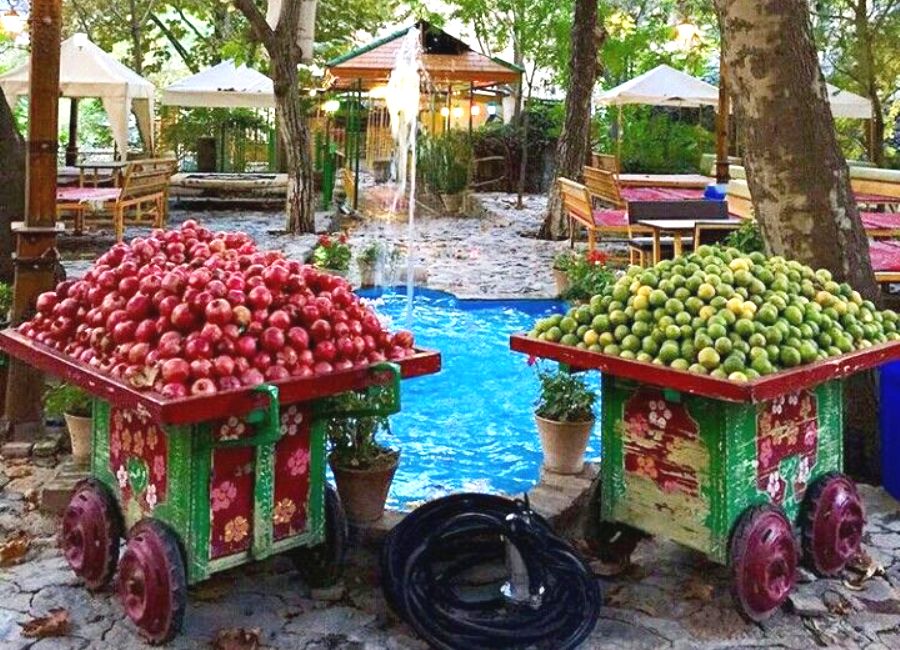Zayandeh River and Bridges
There are few better ways to spend an afternoon than strolling along the Zayandeh River, crossing back and forth on the river’s 11 bridges – or even meandering along the often empty riverbed itself. Such a stroll is especially pleasant at sunset and in the early evening when most of the bridges, five of which date back to the Safavid era, are brilliantly lit and many Esfahanis gather here to relax and socialise.
Bridges
- Pol-e Khaju
Arguably the finest of Esfahan’s bridges, with traces of the original paintings and tiles that decorated its double arcade still visible, Pol-e Khaju was built by Shah Abbas II in about 1650, but a bridge is believed to have crossed the waters here since the time of Tamerlane. The bridge is as much a meeting place as a bearer of traffic and at nighttime Esfahanis gather under the arches to sing: those with the most convincing voices (or indeed songs) attract sizeable crowds.
- Si-o-Seh Pol
The 298m-long Si-o-Seh Bridge was built by Allahverdi Khan, a favorite general of Shah Abbas I, between 1599 and 1602. It served as both bridge and dam, and is still used to hold water today. It is a popular meeting place when people gather to watch the sunset and catch a romantic moment under the arches.
- Pol-e Shahrestan
This is the oldest of Esfahan’s bridges. Most of its 11-arched stone and brick structure is believed to date from the 12th century, although the pillars themselves re-main from a much earlier Sassanian bridge. Although it’s almost 4km east of Pol-e Khaju, it’s a pleasant walk.
- Pol-e Chubi
Nearly 150m long, and with 21 arches, Chubi Bridge was built by Shah Abbas II in 1665, primarily to help irrigate palace gardens in the area. The bridge and its two interior parlours were for the exclusive use of the shah and his courtiers.
Points Of Interest
This village, at 1700m elevation and just north of the no-torious Evin Prison, is one of Tehran’s most pleasant urban escapes
At 370,000 sq km the Caspian (Darya-ye Khazar) is five times the size of Lake Superior.That makes it by far the world’s largest lake.
This popular in town escape stretches ever more steeply up the mountainside at Tehran’s northern edge




